Kidney damage starts silently: 5 early signs most people miss
AA
- Large
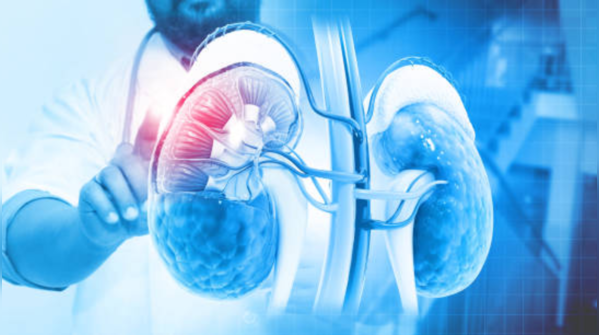
/7
The kidneys have a crucial role to play in the overall health of an individual—they remove waste, maintain fluid and electrolyte balance, monitor blood pressure, and even assist in red blood cell production. And yet, the initial indicators of kidney malfunction tend to go unnoticed or be misinterpreted as other minor concerns. Silent in its early years, Chronic Kidney Disease (CKD) may become halted in its progress with early red flag recognition. Below are five frequently overlooked warning signs that should be seen by a doctor:
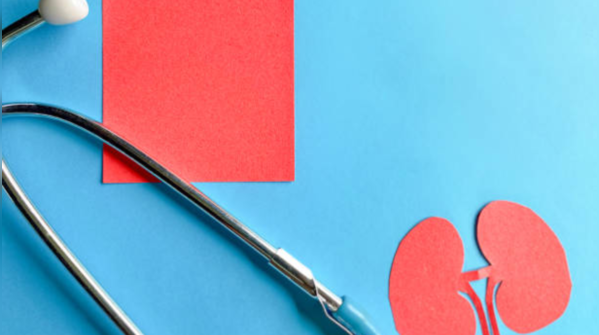
/7
Kidney failure results in the accumulation of toxins in the blood, affecting energy levels. Besides, when the kidneys do not produce sufficient erythropoietin—a hormone responsible for stimulating red blood cell creation—it can cause anaemia. This causes chronic fatigue, lack of concentration, and shortness of breath during light activity. Most patients blow it off as normal exhaustion or ageing, and diagnosis is delayed.
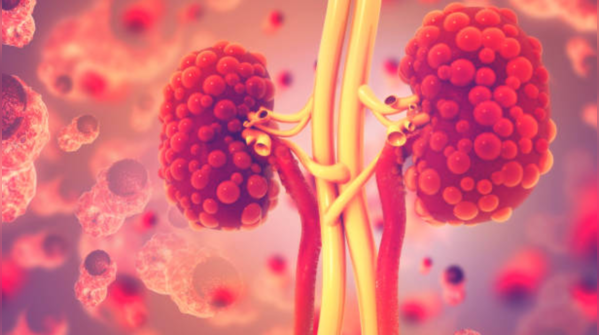
/7
Changes in urine frequency, color, or appearance are usually the initial signs of kidney problems but are seldom seriously considered. Nocturia or frequent nighttime urination, bubbly or foamy urine (which signifies protein loss), hematuria or blood in urine, or very dark urine are all indications of possible kidney injury. Neglecting these variations even if they appear trivial can permit the disease to develop insidiously.
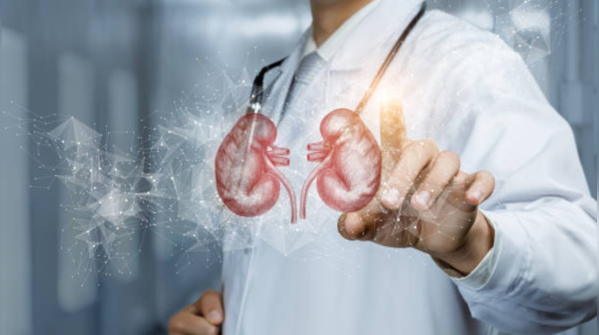
/7
If the kidneys cannot clear excess sodium and fluid from the body, it results in swelling (edema) that is easily seen, especially in the legs and around the eyes. Patients often blame the swelling on a long standing position or bad eating, but it could be evidence of failing kidneys. Detection and testing are important as soon as possible.

/7
One of the less familiar signs of kidney impairment is persistent itching (pruritus). This is caused by waste products in the blood and mineral imbalances like calcium and phosphorus. Flaky dry skin and a nagging desire to scratch, particularly without a dermatological cause, should be evaluated with a renal check-up.
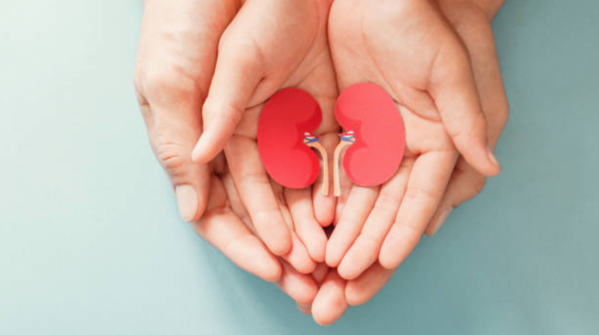
/7
As kidney function worsens, the body accumulates uremic toxins, producing gastrointestinal symptoms such as a metallic taste in the mouth, foul odor of the breath (uremic fetor), nausea, or loss of appetite. These symptoms are usually misinterpreted as a digestive issue, resulting in misdiagnosis or delay in treatment.
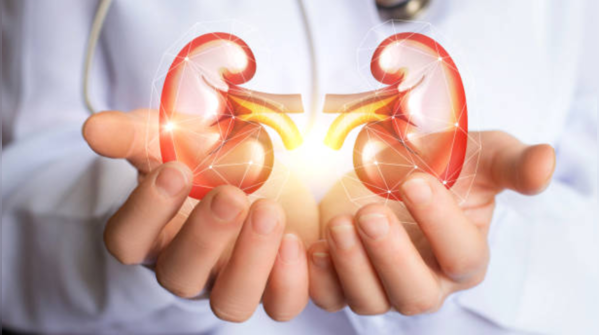
/7
If you or someone you know experiences any of these symptoms—particularly in the setting of risk factors like diabetes, high blood pressure, a family history of kidney disease, or long-term use of pain medication—see a healthcare provider for a kidney function test. Complications can be prevented and quality of life enhanced by early detection through the routine blood (creatinine, eGFR) and urine (albumin) screening.
The secret to maintaining kidney health is awareness and prompt action. Pay heed to your body's subtle signs—your kidneys might be silently crying out for assistance.
Dr. Mohit Khirbat, Consultant, Nephrology, CK Birla Hospital, Gurugram
Follow Us On Social Media









